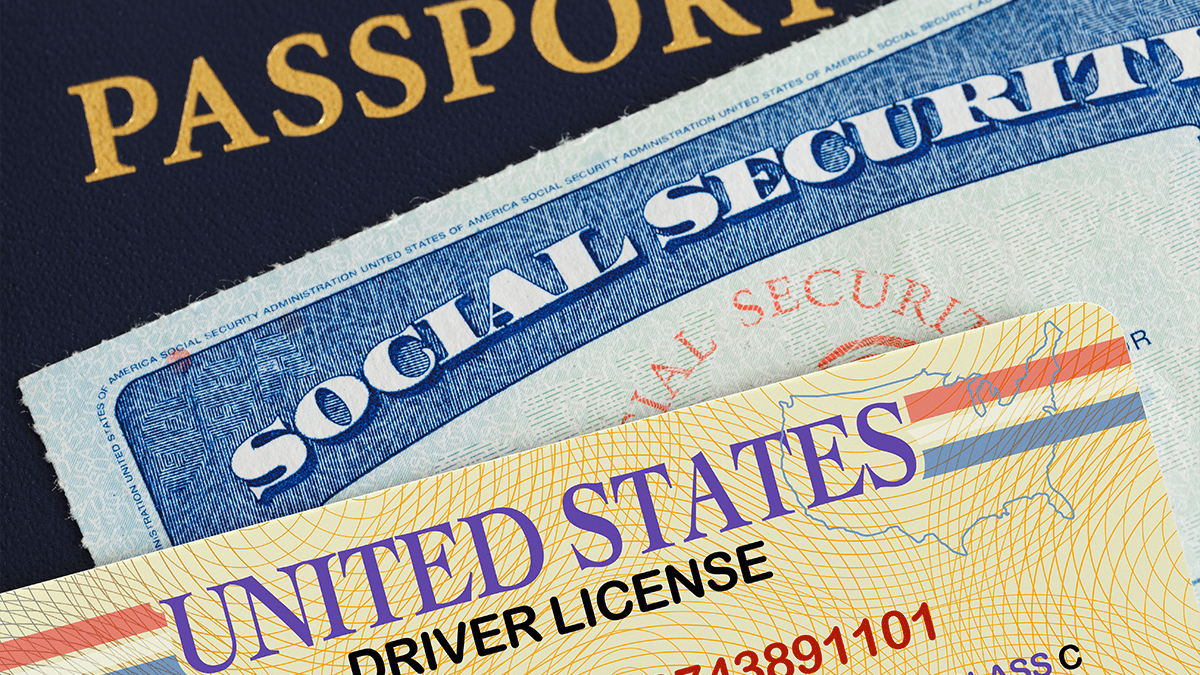Bethany Pray, CCLP’s Chief Legal and Policy Officer, provided testimony in support of House Bill 24-1133, Criminal Record Sealing & Expungement Changes. CCLP is in support of HB24-1133, as it is one of our priority bills.
Recent articles
CCLP testifies in support of protections for DNC drivers
Charles Brennan provided testimony in support of House Bill 24-1129, Protections for Delivery Network Company Drivers. CCLP is in support of HB24-1129.
CCLP testifies in support of TANF grant rule change
CCLP's Emeritus Advisor, Chaer Robert, provided written testimony in support of the CDHS rule on the COLA increase for TANF recipients. If the rule is adopted, the cost of living increase would go into effect on July 1, 2024.
CCLP testifies in support of updating protections for mobile home park residents
Charles Brennan provided testimony in support of House Bill 24-1294, Mobile Homes in Mobile Home Parks. CCLP is in support of HB24-1294.
CCLP testifies in support of Necessary Document Program updates

On Wednesday, April 24, 2024, Charlie Kestler, one of CCLP’s Policy Fellows, provided testimony to the Senate Health & Human Services Committee in support of Senate Bill 24-211, Adjustments to the Necessary Document Program. CCLP is in support of SB24-211, as it is one of our priority bills.
Madam Chair and members of the Committee,
My name is Charlie Kestler, and I am a Policy Fellow at Colorado Center on Law and Policy (CCLP). CCLP is a non-partisan nonprofit anti-poverty advocacy organization. Thank you for the opportunity to testify in strong support of Senate Bill 24-211, Adjustments to the Necessary Document Program.
SB24-211 simplifies the administration of the Colorado Necessary Document program, which is an invaluable policy that has helped thousands across the state access IDs and vital documents. Currently, the process of administering the program is inefficient and creates unnecessary administrative barriers for people to access this service. This bill creates a simplified pathway for people to access the program while reducing the administrative burden on those the program seeks to help.
When a person is fleeing domestic violence or a natural disaster or experiencing homelessness, vital documents and identification is typically the last thing on their mind. But before being able to access the services they need to rebuild their lives, a person who lost their house in a fire or is escaping an abuser must get their documents in order. People in these traumatic situations need these documents to access critical supports such as SNAP, also known as food stamps, Medicaid, and housing, when they need it most. And studies have shown that harrowing circumstances like these put people at a higher risk for job loss, and without their documentation, a person cannot gain employment. We know that long-term unemployment has negative health outcomes, increases the likelihood of homelessness, and can increase the likelihood of domestic violence—not to mention its negative impact on our state’s economy.[1]
We know that Coloradans in these situations are disproportionally people of color, members of the LGBTQ+ community, or other marginalized populations. The Necessary Document Program is a powerful means of helping people get their documents in dire times. However, administrative barriers to accessing the current Necessary Document Program have profound negative impacts. While the current program attempts to cover the cost of getting necessary documents via a voucher system, a person must go to one of 35 participating community organizations across the state and wait in line to receive a paper voucher. They must not lose that piece of paper, while navigating the challenges that come with not having a place to live or to store belongings. They then have 30 days to reimburse the voucher at a DMV office. However, there are only 36 state DMV offices that honor the vouchers, and only two vital records offices in the state. So, the person must figure out a way to get to one of these offices, even if they are in a rural area, or struggle with transportation. The result is a program where only about 30% of issued vouchers are reimbursed.
Administrative hurdles can be dehumanizing and costly for a person to access necessities. We know that Coloradans most likely to be in need of the Necessary Document Program are disproportionally people of color, members of the LGBTQ+ community, or other marginalized populations. By reducing the number of steps a person needs to complete to access this program, this bill will greatly increase its efficacy and allow more people to access it. This means more Coloradans able to return to the workforce to support themselves and their families.
I urge the committee to vote yes on Senate Bill 24- 211. Thank you for your time and I welcome any questions you may have.
Sincerely,
Charlie Kestler
Policy Fellow
Colorado Center on Law and Policy
Update 5/1/2024: SB24-211 was postponed indefinitely on May 1, 2024.
**********
[1] https://health.gov/healthypeople/priority-areas/social-determinants-health/literature-summaries/employment#:~:text=Those%20who%20are%20unemployed%20report,8%20worry%2C%20and%20physical%20pain.&text=Unemployed%20individuals%20tend%20to%20suffer,%2C%20heart%20disease%2C%20and%20arthritis.





